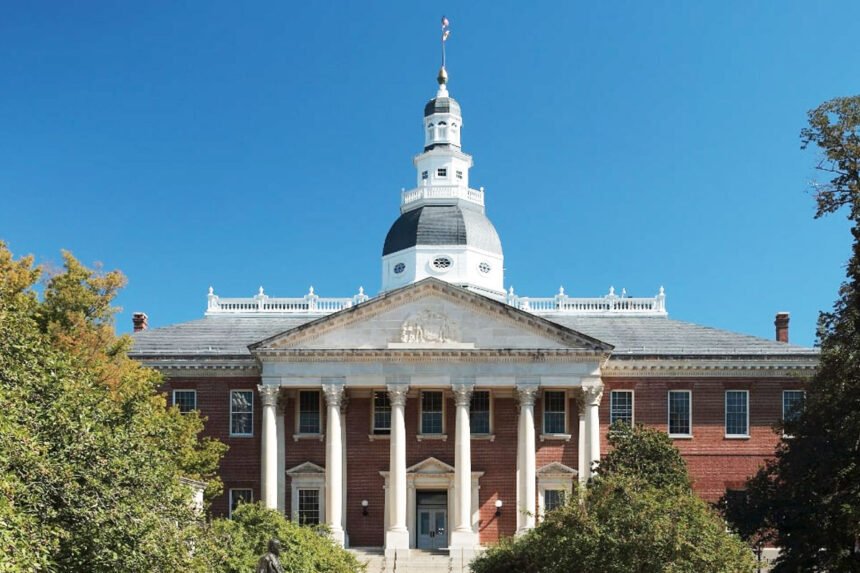In a significant policy shift, Maryland has joined a growing number of states in legalizing marijuana for adult recreational use. With an overwhelming majority, Maryland voters said “yes” to Question 4, setting a precedent for the legalization of the use of cannabis for individuals aged 21 and over, commencing July 1, 2023. This move is not just about allowing adults to use cannabis recreationally; it’s a step forward in a nationwide trend towards ending the prohibition of a substance that has been at the center of much debate.
Understanding Question 4
The ballot measure known as Question 4 asked Marylanders whether they favored the legalization of cannabis use for adults from July 1, 2023. With most of the votes counted, the referendum passed with flying colors, reflecting a change in societal attitudes towards cannabis and recognizing the potential economic and social benefits of legalization.
Immediate Effects of the Bill
Following the certification of the vote, a companion bill that outlines the framework for implementing legalization will be activated. Starting July 1, 2023, adults over the age of 21 will be legally permitted to purchase and possess up to 1.5 ounces of cannabis. Additionally, the legislation will allow for the home cultivation of up to two cannabis plants, granting adults the freedom to grow their own marijuana for personal use.
Retail Sales and Regulation
While the personal possession and home cultivation of cannabis will become legal in the summer of 2023, the establishment of a regulated retail market will take a bit longer. The legal market and retail sales are projected to come into effect between 2024 and 2025. This delay is to ensure a well-regulated system that can address public health and safety concerns, as well as establish a robust framework for taxation and sales.
Economic and Social Implications
The legalization of marijuana in Maryland carries significant economic implications. The creation of a legal market for cannabis is expected to generate substantial tax revenue for the state, which can be reinvested into community programs, education, and infrastructure. Moreover, the legal cannabis industry can lead to the creation of new jobs, ranging from cultivation and processing to sales and marketing.
Socially, this move is seen as a step towards addressing the disproportionate impact of marijuana prohibition on minority communities. The state plans to establish a Community Reinvestment and Repair Fund to bring tax revenue to communities that have been most affected by previous drug enforcement policies.
Addressing Past Injustices
Maryland’s approach to marijuana legalization also includes provisions to rectify past injustices related to cannabis prohibition. The state has taken measures to start addressing racially biased marijuana enforcement, which has historically led to unequal punishment and incarceration rates among communities of color.
Challenges Ahead
Despite this progress, the path to legalization is not without its challenges. Law enforcement agencies must adapt to new regulations, and there may be public health concerns to address regarding substance abuse and driving under the influence. Furthermore, the integration of a legal cannabis market with existing medical marijuana dispensaries will require careful planning and coordination.
